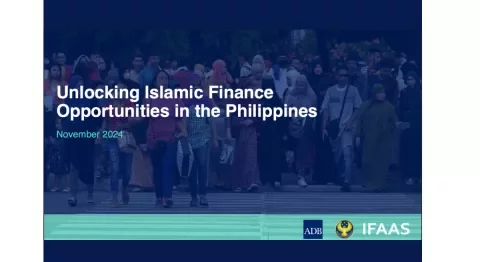Resources
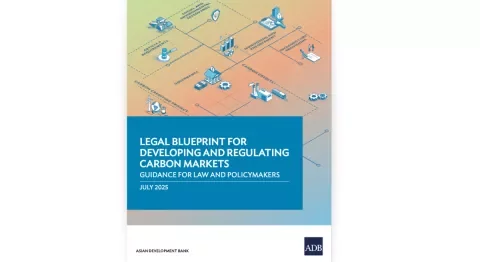
Legal Blueprint for Developing and Regulating Carbon Markets: Guidance for Law and Policymakers
The publication seeks to help governments foster an enabling legal and regulatory environment for carbon finance and private investment by promoting legal clarity for market participants, social and environmental integrity, and alignment with international standards.
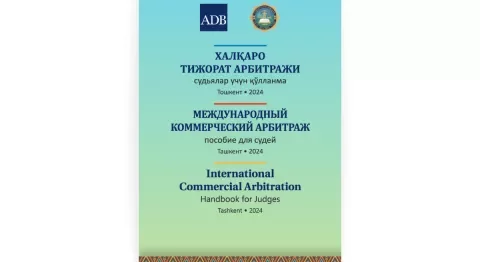
International Commercial Arbitration Handbook for Judges (Uzbekistan) (available in Russian, Uzbek, and English)
The development of international commercial arbitration, and the establishment of an arbitration-friendly jurisdiction, hinge significantly on strong judicial support throughout the arbitration proceedings. Judicial support is crucial in the enforcement of the arbitration agreement and recognition and enforcement of arbitral awards.
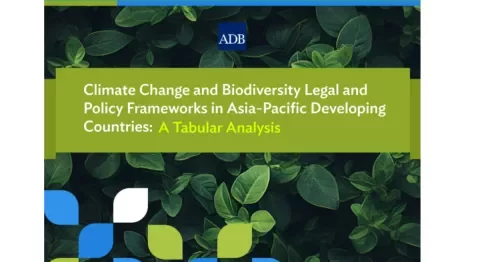
Climate Change and Biodiversity Legal and Policy Frameworks in Asia-Pacific Developing Countries
This resource provides a tabular analysis of legal and policy frameworks addressing the nexus between climate change and biodiversity among developing countries in Asia and the Pacific.
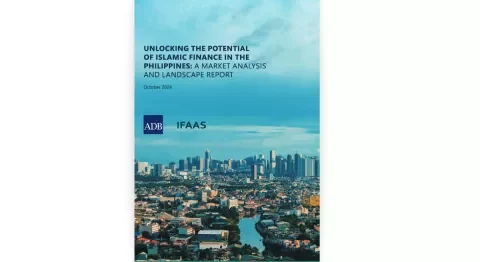
Unlocking the Potential of Islamic Finance in the Philippines: A Market Analysis and Landscape Report
This report explores the potential of Islamic Finance in the Philippines for domestic and international investors. By examining the country's economic health and financial sector, as well as analyzing demographics, consumer behavior, and demand, the report identifes a promising potential market for Shariah-compliant financial products and services. This is further supported and reinforced by the government’s support and key milestones achieved in building an enabling Islamic finance ecosystem in the country.
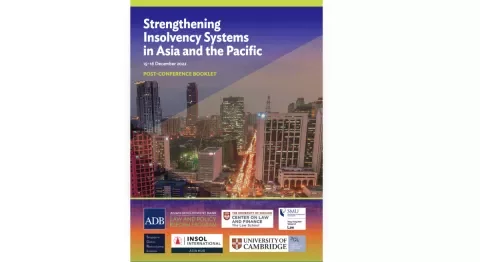
Post-Conference Booklet: Strengthening Insolvency Systems in Asia and the Pacific
The Post-Conference Booklet of the Strengthening Insolvency Systems in Asia Conference provides a comprehensive account of the proceedings of the event held on 15-16 December 2022 at the ADB Headquarters. It synthesizes the insights of insolvency law reform experts who explored ways to enhance restructuring and insolvency frameworks in Asia and the Pacific.
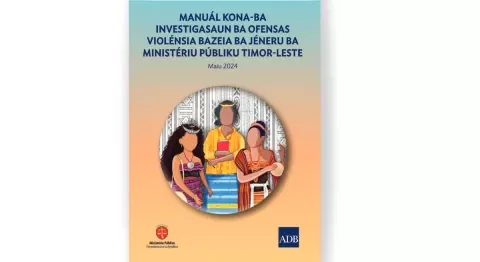
Manuál kona-ba Investigasaun ba Ofensas Violénsia Bazeia ba Jéneru ba Ministériu Públiku Timor-Leste (Handbook on Investigation of Gender-Based Violence Offenses for the Timor-Leste Public Prosecution Service, Tetum Version)
The handbook aims to strengthen the prosecution of gender-based violence (GBV) offenses by helping prosecutors, justice officials, law enforcement agents, and other stakeholders to investigate GBV and gather evidence, all while respecting the dignity of the victim and local cultural norms.
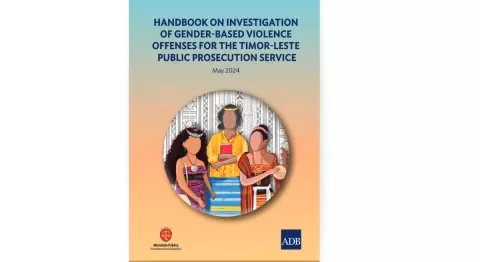
Handbook on Investigation of Gender-Based Violence Offenses for the Timor-Leste Public Prosecution Service
The handbook aims to strengthen the prosecution of gender-based violence (GBV) offenses by helping prosecutors, justice officials, law enforcement agents, and other stakeholders to investigate GBV and gather evidence, all while respecting the dignity of the victim and local cultural norms.

Bridging the Gap: Empowering Smallholder Farmers through Access to Finance
As the global population grows, smallholder farmers who produce about 30% of the world’s food will play a key role in meeting rapidly increasing demand for more foods. ADB aims to bridge the smallholder finance gap by supporting the development and deployment of tailored legal toolkits.
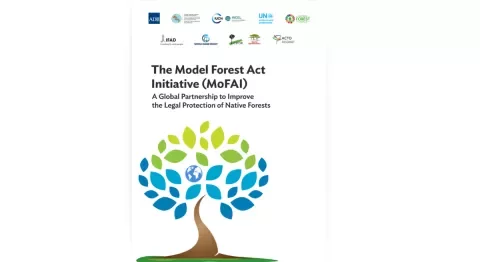
The Model Forest Act Initiative (MoFAI): A Global Partnership to Improve the Legal Protection of Native Forests
The MoFAI is a groundbreaking initiative to provide a comprehensive and innovative legal blueprint for legislators, policymakers, and other stakeholders in designing a modern legal framework for the protection, conservation, restoration, and ecologically sustainable management and use of forests.
